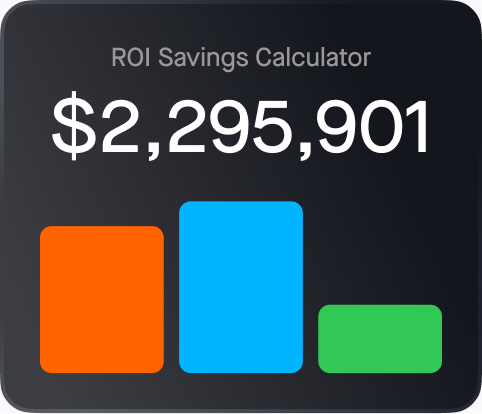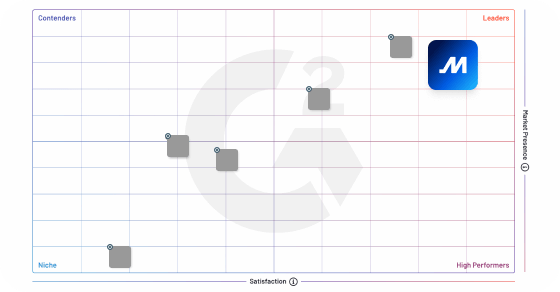Asset management is a crucial aspect of the trucking industry, as it involves the management and utilization of various assets involved in the transport of goods. At its core, asset management refers to the process of managing and maintaining assets such as trucks, trailers, and other equipment that are used in the trucking business.
In the context of the trucking industry, asset management includes a range of activities such as tracking the location and condition of assets, scheduling maintenance and repairs, allocating assets to specific jobs and routes, monitoring fuel consumption and other costs, and analyzing data to optimize asset utilization and performance.
Effective asset management is essential for trucking companies to operate efficiently and profitably. By keeping track of their assets and maintaining them in good condition, companies can minimize downtime and reduce the risk of breakdowns and accidents. This can help to improve customer satisfaction and reduce costs, while also maximizing the lifespan of assets and minimizing the need for expensive repairs or replacements.
Frequently Asked Questions
What is fleet asset management?
Fleet asset management involves the systematic management and optimization of vehicles and equipment within a fleet. It encompasses activities such as asset acquisition, maintenance, tracking, utilization, and disposal. The goal is to ensure that fleet assets are effectively utilized, well-maintained, and aligned with organizational objectives.
Fleet asset management focuses on maximizing asset performance, minimizing downtime and costs, enhancing safety and compliance, and making informed decisions based on data analysis to achieve optimal efficiency and productivity within the fleet.
What is considered an asset in fleet management?
In fleet management, assets typically refer to the vehicles and equipment owned or leased by a company. This includes cars, trucks, vans, buses, trailers, and other specialized vehicles or machinery. These assets are essential for the organization’s operations and are managed to ensure proper utilization, maintenance, and compliance with regulations. Efficient management of fleet assets helps optimize performance, control costs, and maximize productivity.
What is fleet asset management software?
Asset management software is a tool that helps efficiently manage and optimize fleet assets. It enables tracking, maintenance scheduling, fuel management, inventory control, and performance analytics. By streamlining operations and providing data-driven insights, this software improves asset utilization, reduces downtime, and enhances overall fleet performance and profitability.



